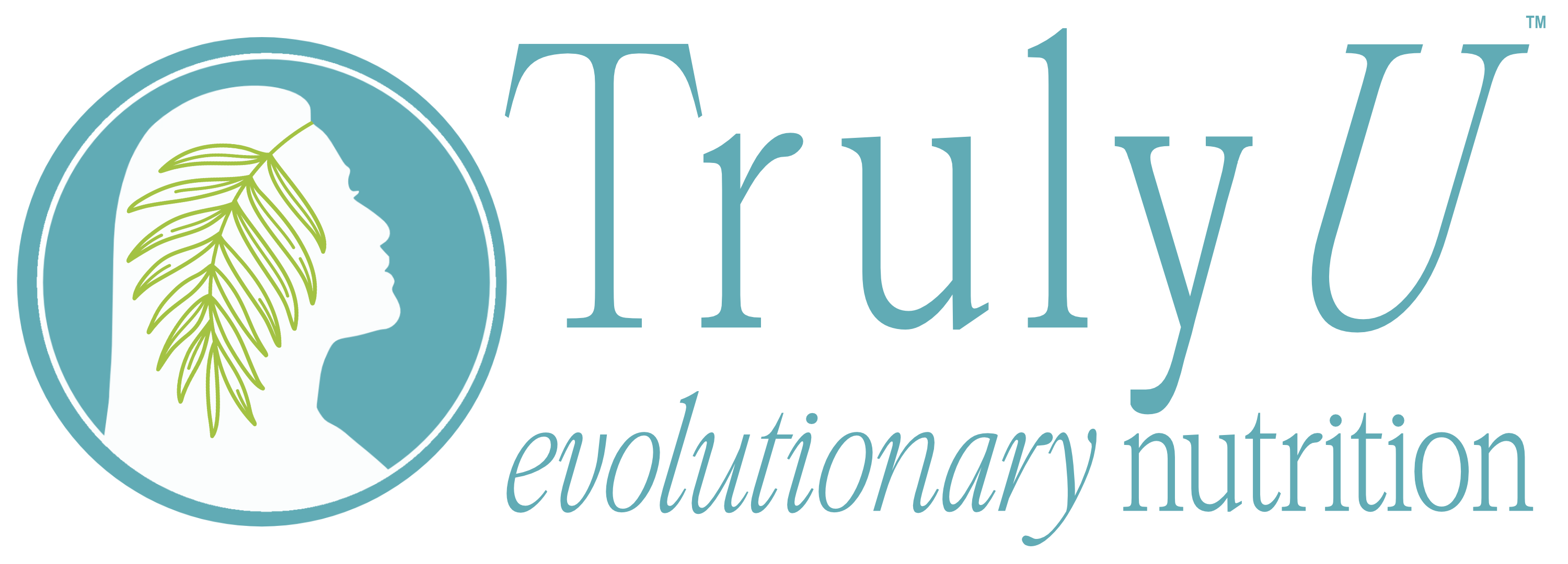DAO deficiency — also called histamine intolerance — may be associated with a wide range of symptoms
When a cluster of symptoms come on or get worse you may wonder if there is a connection. If some of those symptoms includes migraines, digestive discomfort, hives and itching, nasal congestion, fatigue and brain fog, histamine may be the culprit.
I am familiar with many of these symptoms myself and often see clients who also struggle with histamine symptoms.
In this post I put the focus on histamine and DAO. Keep in mind that the symptoms listed can of course have other root causes as well.
What DAO Does
Diamine oxidase (DAO) is a key enzyme in your small intestine that helps break down histamine from the foods you eat. When DAO levels are low, histamine can build up in the body, triggering a wide range of symptoms.
-
DAO is the main intestinal enzyme responsible for degrading histamine from foods.
-
It prevents histamine from passing into the bloodstream by breaking it down in the gut.
-
When DAO activity is low, dietary histamine isn’t broken down properly, leading to symptom flare-ups.
Why Histamine Matters
Histamine is a natural compound involved in many body processes:
- Regulating sleep, temperature, and pain sensation
- Supporting immune function and inflammatory responses
- Stimulating stomach acid for digestion
With normal DAO activity , histamine from food is quickly processed and doesn’t cause problems. But with DAO deficiency, histamine can accumulate and contribute to unwanted symptoms.
Symptoms Linked to DAO Deficiency
DAO deficiency — also called histamine intolerance — may be associated with a wide range of symptoms, including:
- Migraines and headaches
- Digestive issues: bloating, cramps, diarrhea, constipation
- Skin problems: hives, eczema, dermatitis, psoriasis, itchy skin
- Sinus congestion, sneezing, asthma-like symptoms
- Muscle and joint pain, including fibromyalgia
- Fatigue and brain fog
- Irregular menstrual cycles and estrogen-related symptoms
- Rapid heart rate, blood pressure changes, or dizziness

Why These Symptoms Often Flare During Perimenopause
Hormonal changes during perimenopause—especially fluctuations in estrogen—can both trigger histamine production and inhibit DAO’s ability to break histamine down. This means symptoms experienced may first appear or worsen during this transition.
- Perimenopause often brings erratic estrogen peaks, which can lead to more frequent or intense histamine-related reactions.
- Estrogen also promotes mast-cell release of histamine and can suppress DAO activity—potentially creating a vicious cycle of symptoms.
- Many women report that new sensitivities—like wine, foods, or skincare—seem to emerge during perimenopause.

Foods Naturally High in Histamine
Some foods naturally contain high levels of histamine or trigger its release, which can worsen symptoms if DAO activity is low:
- Fermented alcoholic beverages: wine, beer, champagne, kombucha
- Vinegars, sauerkraut, kimchi
- Dairy products: milk, yogurt, ripened cheese, sour cream
- Avocado, spinach, tomatoes, eggplant, zucchini, pumpkin
- Oily fish, shellfish, cured or processed meats
- Nuts, chocolate, strawberries, citrus, bananas, kiwi
- Coffee, tea, and leftovers
- Artificial food additives
Factors That Can Lower DAO Activity
Several factors can reduce DAO production or activity:
- Genetics (some people naturally produce less DAO) – the main gene involved in DAO enzyme production is AOC1
- Intestinal damage or inflammation
- Hormonal imbalances, including estrogen dominance
- Kidney or liver conditions
- Nutrient deficiencies (e.g., B6, copper, zinc, magnesium, vitamin C) ● Mold exposure
- Certain medications (e.g., NSAIDs common pain relievers such as ibuprofen, PPIs acid-reducing medications such as omeprazole)
- Alcohol
- Gut imbalances such as SIBO, leaky gut, or dysbiosis
DAO Supplementation
- DAO supplementation before meals can increase DAO levels in the gut, helping to break down histamine from food more effectively.
- DAO works locally in the gut — it isn’t absorbed into the bloodstream and doesn’t affect immune-based food allergies.
- The DAO I like to use is derived from pea sprout powder, making it vegan-friendly compared to many animal-derived DAO supplements.
- It uses microencapsulation technology for better protection, targeted delivery, and optimized activity in the small intestine.
Key Takeaways
-
Low DAO activity can contribute to histamine buildup and a variety of symptoms. Supporting DAO levels — whether through diet adjustments, supplements, or addressing underlying causes — may help reduce histamine-related discomfort.
Annika Ek RHN is the creator of Evolutionary Nutrition, guiding midlife women to reclaim health for today and years to come, reconnect with their innate wisdom, and chart a clear path forward. She blends modern science and ancient wisdom to help women achieve deeper self-knowing through personalized (life-long) nutrition and evolutionary (soul-deep) astrology.
If you are interested in exploring what more support would look like for you, book a free, no-strings call with Annika here.


